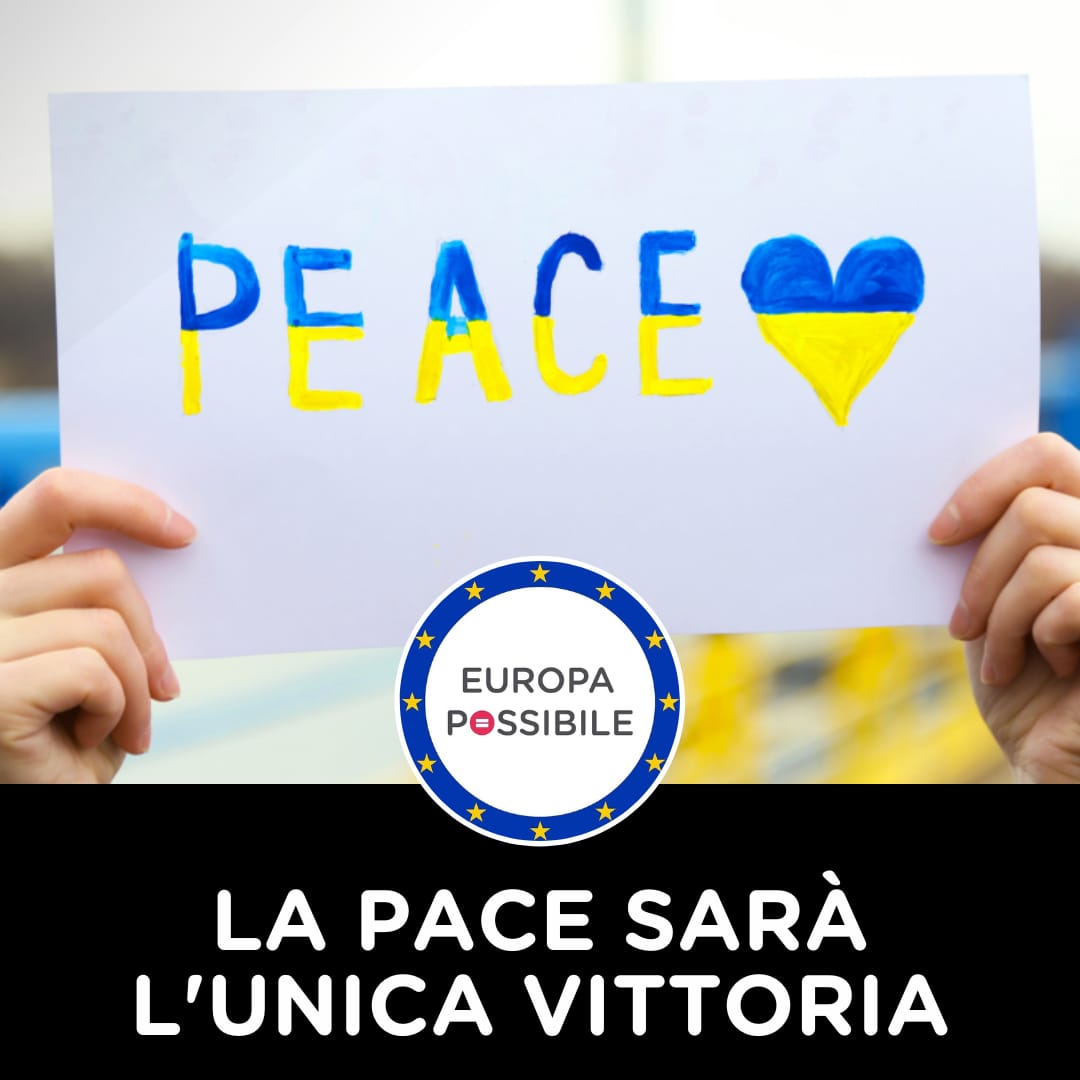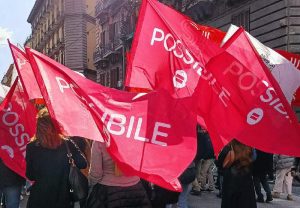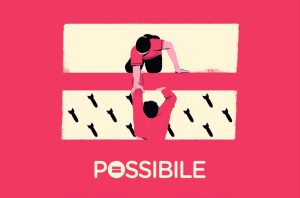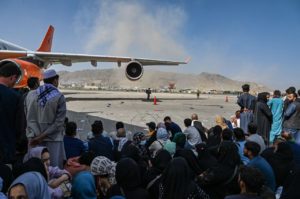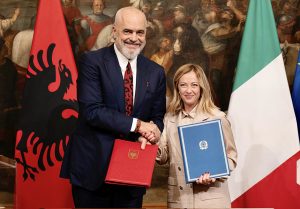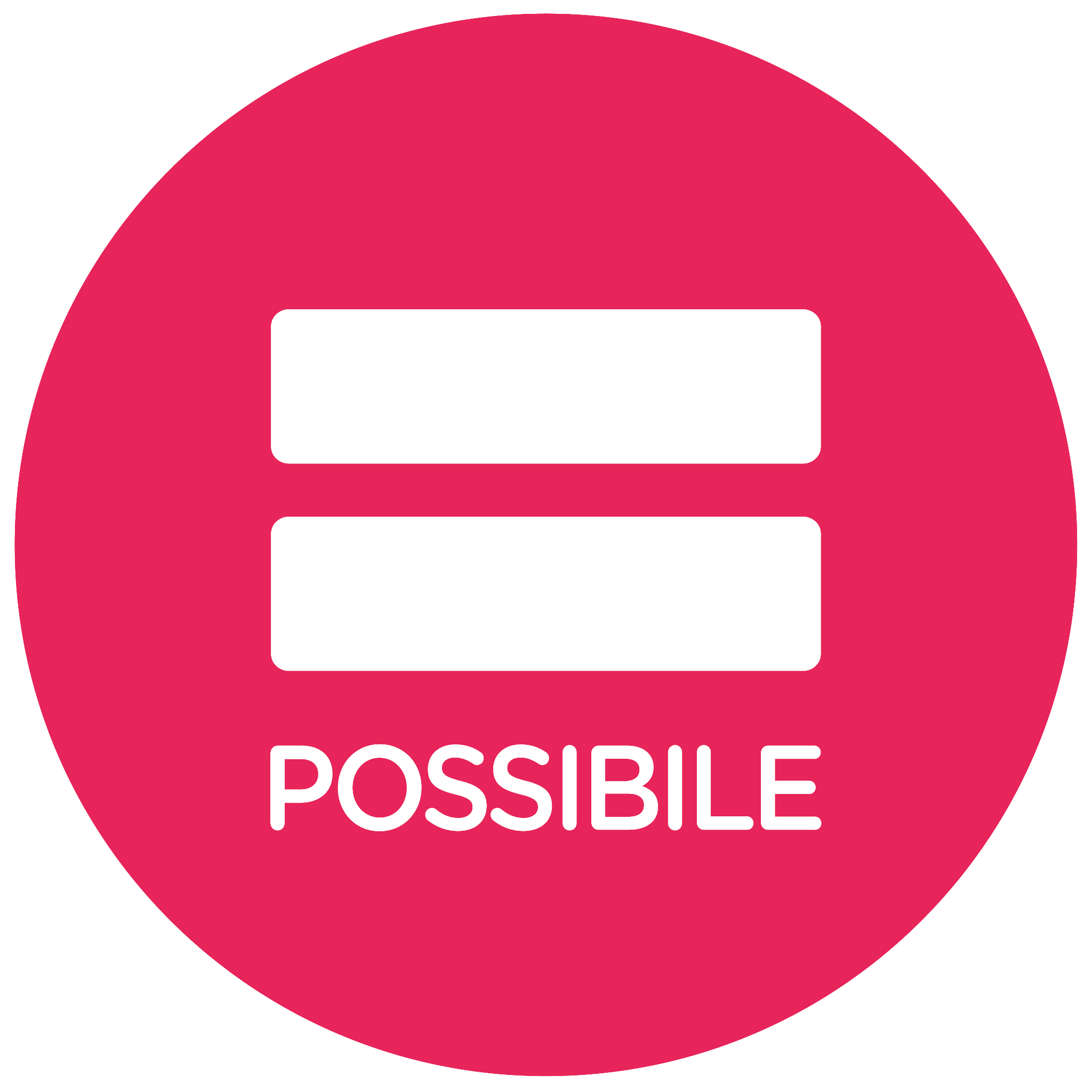Duecentomila morti. Otto milioni di rifugiati. Queste le stime drammatiche a un anno dall’aggressione armata voluta da Vladimir Putin, in violazione dell’integrità territoriale dell’Ucraina e della Carta delle Nazioni Unite.
Il nostro pensiero in questo triste anniversario va alle popolazioni ucraine e russe, che stanno pagando — in modi diversi — con il più alto prezzo un’aggressione scellerata. A chi vede i propri affetti sparire così, all’improvviso. A chi porta aiuto umanitario nelle zone di combattimento. A chi resiste, sotto i bombardamenti o in una cella.
A dodici mesi dall’avvio dell’invasione russa, l’attenzione della comunità internazionale è ancora rivolta solo alla fornitura di armi, mentre troppo poco è stato fatto per raggiungere un cessate il fuoco, né ipotesi alternative sono state perseguite per far rientrare la crisi prima che scoppiasse in tutta la sua brutalità, come l’interposizione di una forza di pace. Ogni giorno che passa sotto le bombe, è sempre più difficile trovare la via verso la pace, l’unica vittoria possibile.
In Ucraina si combatte e si muore ogni giorno. È una guerra senza soluzioni in vista, in cui né l’aggressore, né il resistente sembrano poter conseguire una vittoria. È una guerra su cui aleggia il rischio fatale dell’escalation e che già ha innescato crisi di portata globale, da quella energetica a quella alimentare. È una guerra alle porte, per ciascuno di noi.
Alle macerie che si accumulano deve contrapporsi la necessità di costruire la pace. Non possiamo permettere che l’Ucraina sprofondi nello stesso baratro della Siria, frantumata da oltre un decennio di conflitto senza fine. Il confronto politico ha sinora anteposto le condizioni militari della guerra a quelle diplomatiche della pace. Occorre invertire l’ordine delle priorità ed aprire una via negoziale.
La guerra è una via bloccata: non saranno le armi, i morti e la fame a portare una pace duratura. Ci appelliamo al Governo Italiano e all’Unione Europea affinché lavorino risolutamente sull’unica via di uscita: l’apertura di una conferenza di pace con la più ampia partecipazione internazionale. Per fermare il conflitto e riportare la risoluzione delle controversie internazionali entro i confini condivisi della Carta delle Nazioni Unite. Per far prevalere l’etica del dialogo a quella della potenza. Per far cessare il rumore delle armi.
Possiamo farlo, dobbiamo farlo.
Europa Possibile
ENGLISH
Two hundred thousand deaths. Eight million refugees. These are the dramatic estimates of the first year of war since the armed aggression wanted by Vladimir Putin began, in violation of Ukraine’s territorial integrity and of the United Nations Charter.
On this somber anniversary, our thoughts go out to the people of Ukraine and Russia, who have paid – in different ways – the highest price for this mindless aggression. To those who have lost their loved ones all of a sudden. To the humanitarian workers and volunteers in conflict zones. To those who resist the occupation, whether under constant bombing or in a jail cell.
Twelve months after the Russian invasion, the international community is still solely focused on the supply of arms, while too little has been done to reach a ceasefire, nor were alternative hypotheses, such as the interposition of a peacekeeping force, pursued in order to de-escalate the crisis before the war broke out in all its brutality. Every day under the bombs, it becomes more difficult to find the path to peace, the only certain victory.
Every day, people in Ukraine fight and die. It is a war with no end in sight, in which no one can win. It is a war characterized by the fatal risk of escalation. For each and every one of us, war is on the doorstep, and has already triggered worldwide crises in multiple sectors, from energy to food.
As the rubble piles up, the need to build peace must prevail. We cannot let Ukraine fall into the same abyss as Syria, which has been shattered by more than a decade of unending conflict. So far, the political debate has prioritized the military conditions of war over the diplomatic conditions for peace. We need to reverse priorities to finally open up the possibility of real negotiations.
War is a dead end: neither weapons, nor deaths, nor hunger will lead to lasting peace. We urge the Italian government and the European Union to work tirelessly on the only way out: convening a peace conference involving the highest number of stakeholders, to guarantee the broadest international participation. To put an end to the conflict and bring the crisis back within the framework of the United Nations Charter. To establish the ethics of dialogue over the ethics of power. To finally cease the clash of arms.
We can and we must do it.
Europa Possibile

